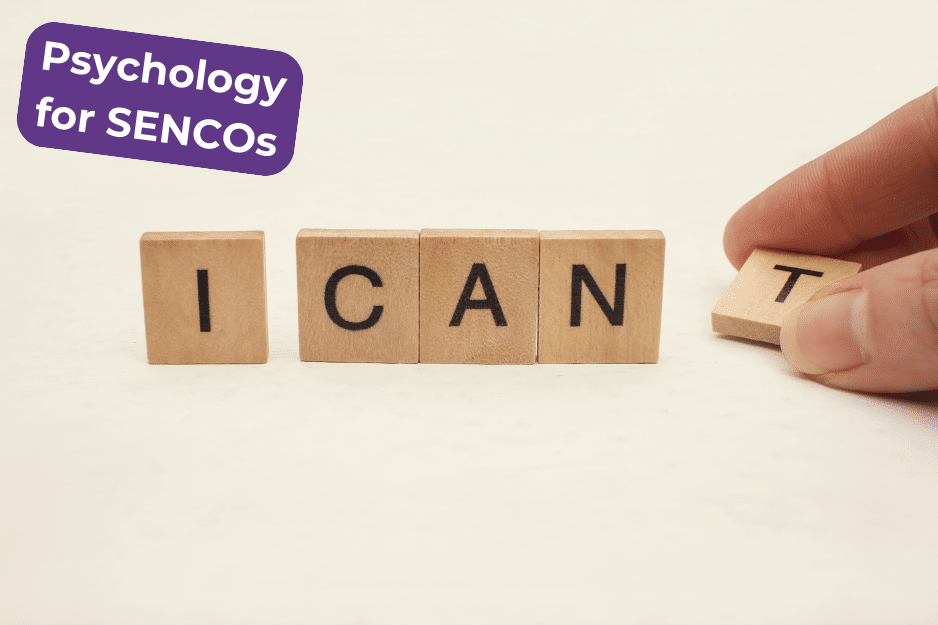Get ready to unravel the secrets of self-determination theory, a theory that’s all about fostering autonomy, motivation, and the joy of accomplishment. Today, we’re not just talking about teaching; we’re talking about guiding your students on a journey of self-discovery and achievement. So, let’s dive into how self-determination theory isn’t just a concept; it’s a roadmap to unlocking the potential within every unique learner.
Unpacking Self-Determination’s Treasure Chest
Imagine a student who’s not just a passive participant in their learning journey; they’re the captain of their own ship. This is the heart of self-determination theory, a theory that champions the idea that individuals are more motivated and fulfilled when they have a say in their goals and choices. As SENCOs, your role isn’t just to instruct; it’s to guide students in charting their own courses.
This is why pupil voice is so vital to the SEN process.
In self-determination theory, three basic psychological needs take centre stage: autonomy (the freedom to make choices), competence (the ability to achieve), and relatedness (connection with others). Now, how does this theory unfold in the special education realm?
SENCO Sherpas: Guiding Autonomy and Achievement
Imagine a student who’s always been told what to do and when to do it, yet longs to take the reins of their learning. Here’s where self-determination theory becomes your guiding light. By involving them in setting goals, allowing choices, and recognising their achievements, you’re not just instructing; you’re igniting their motivation and sense of ownership.
Consider a student who’s felt isolated due to their learning differences. Self-determination theory isn’t just about individual autonomy; it’s about fostering connections, too. By creating collaborative projects and encouraging peer interactions, you’re not just teaching; you’re fostering a sense of belonging and relatedness.
Key Takeaway:
Self-determination theory isn’t just a theory; it’s a philosophy that transforms learners into leaders of their own journeys. As you guide your students through their education, remember that your role isn’t just about imparting knowledge; it’s about empowering them to make choices, achieve their goals, and build meaningful connections. Embrace the role of a guide, a mentor, and a fellow traveller on their path to self-discovery and accomplishment. When autonomy meets achievement, the result is not just learning; it’s the joy of becoming lifelong learners.



